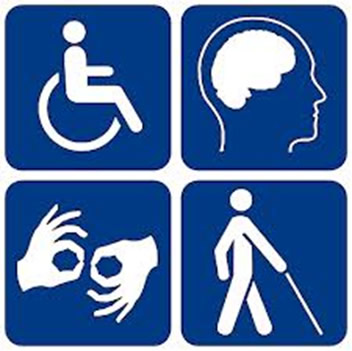The Rancho Santiago Community College District learned the hard way that disability accommodations required the district to extend an employee’s probationary period. In Hernandez v. Rancho Santiago Community College Dist. an administrative assistant sued her employer for failing to accommodate her disability. Hernandez worked for defendant Rancho Santiago Community College District on and off for a number of years without any complaints about her performance. During her one-year probationary period, her performance was to be evaluated at three months, seven months, and 11 months. At the completion of 12 months of probation, she would become a permanent employee. She took a medical leave of absence after 8 months for surgery related to a disability. She was to return to work on, or shortly after, the anniversary of her hiring date. The district terminated her while she was on the approved leave because her performance had not been reviewed.
District Sued for Failing to Provide Disability Accommodations
Hernandez sued the district alleging it failed to provide a disability accommodation for her medical condition. She also claimed the district failed to engage in an interactive process. The court found in Hernandez’s favor and awarded her $723,746 in damages. The court concluded the district could have accommodated her by extending her probationary period. If necessary, the district could have deducted the four months she was on disability leave from her probationary period. Alternatively, it could have added the time away from work to the probationary period. The district argued it would have been required to make Hernandez a permanent employee on the anniversary of her hiring regardless of the performance evaluation. The court disagreed.
The appellate court affirmed the lower court’s decision.
Disability Accommodations in the Workplace
Employers must provide reasonable accommodations to persons with disabilities unless to do so would create an undue hardship. Employers and employees must engage in an interactive process to determine what, if any, reasonable accommodations will enable the employee to perform the essential functions of the job. I routinely advise employers on how to correctly process disability accommodation requests. I work with employees to obtain the disability accommodations they need. Many employers misunderstand their obligations, and employees oftentimes don’t know their rights and obligations.
Providing persons with disabilities equal access to employment is a fundamental right protected by state and federal laws. Understanding the rights and obligations of both parties is the most effective way of ensuring persons with disabilities receive the accommodations the law requires.
If you have a question or concern about workplace disability accommodations, contact the Nuddleman Law Firm.
Original article by Robert E. Nuddleman of Nuddleman Law Firm, P.C.
Feel free to suggest topics for the blog. We are happy to consider topics pertaining to general points of Labor and Employment Law. We cannot answer questions about specific situations or provide legal advice over the Internet. If you desire legal advice, you should contact an attorney.
Using this blog does not create an attorney-client relationship between you and Nuddleman Law Firm, P.C. Using the Internet or this blog to communicate with the firm does not establish an attorney-client relationship. Do not post confidential or time-sensitive information in this blog. The Nuddleman Law Firm, P.C. cannot guarantee the confidentiality of anything posted on this blog.
The Nuddleman Law Firm, P.C. represents employees and businesses throughout Silicon Valley and the greater San Francisco Bay Area including Pleasanton, Oakland, San Ramon, Hayward, Palo Alto, Menlo Park, Mountain View, Los Altos, San Jose, the South Bay Area, Campbell, Los Gatos, Cupertino, Morgan Hill, Gilroy, Sunnyvale, Santa Cruz, Saratoga, and Alameda, San Mateo, Santa Clara, San Benito, Mendocino, and Calaveras counties.

